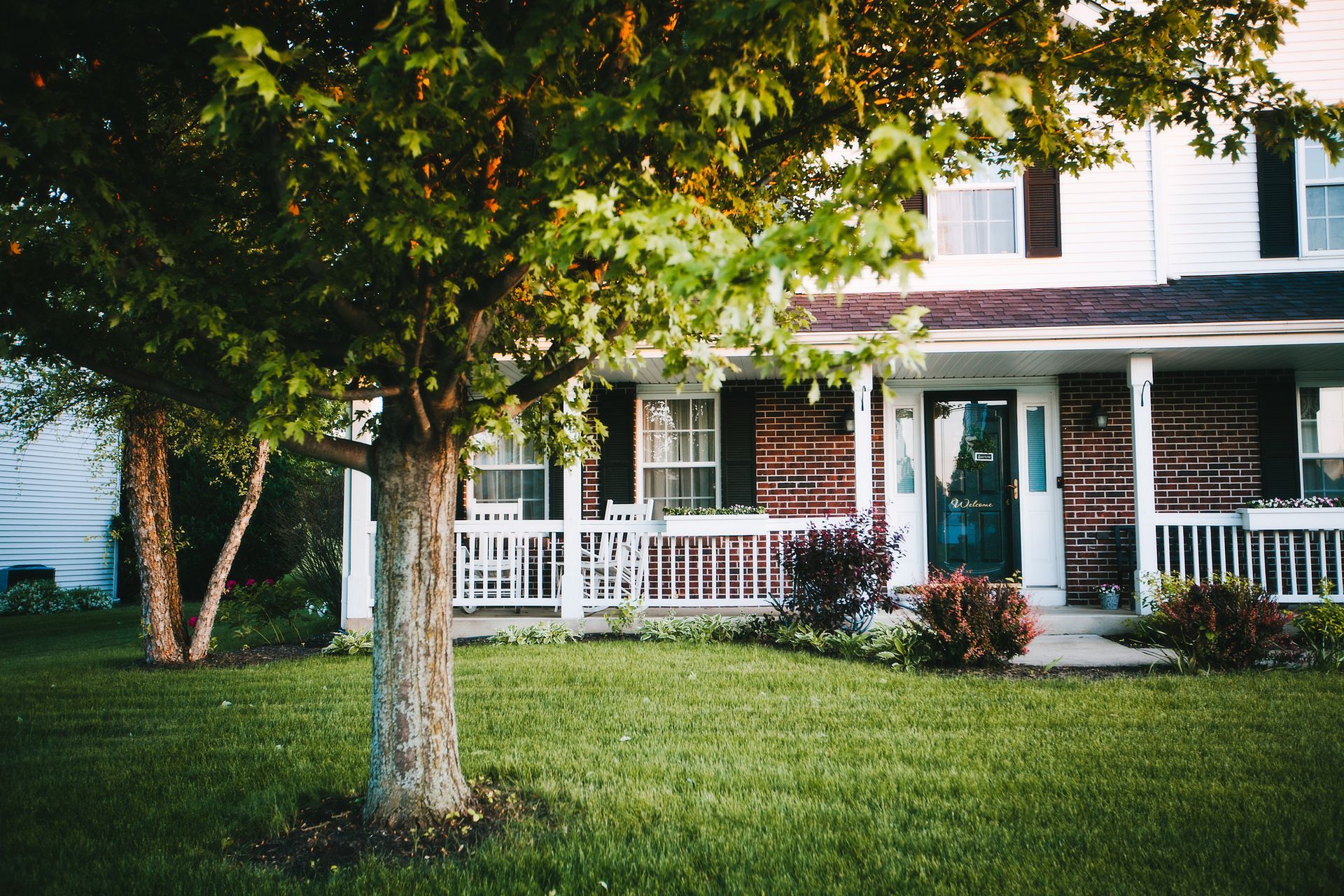What You Need To Know About Income-Based Housing

Housing is a basic human need that everyone should have access to. However, for low-income families and individuals, finding an affordable place to live can be a challenge. Fortunately, income-based housing provides a solution for those who struggle to make ends meet.
In this blog post, we will discuss what you should know about income-based housing, including how it works, who qualifies, and the benefits of this type of housing.
What is Income-Based Housing?
Income-based housing, also known as subsidized housing, is a type of housing in which rent is based on a resident's income. It is designed to provide affordable housing for low-income families and individuals who are unable to afford market-rate rents.
In income-based housing, residents pay a percentage of their income towards rent, and the government subsidizes the remainder of the rent. The mission of income-based housing is to ensure that all residents can afford a decent and safe place to live.
Who Qualifies for Income-Based Housing?
To qualify for income-based housing, you must have a low income. The income limits vary depending on the location and the type of housing. However, as a general rule, your income must be below 50% of the median income in your area to qualify.
Additionally, some income-based housing programs have specific eligibility requirements, such as age, disability status, or veteran status. To determine if you qualify for income-based housing, you will need to contact the housing agency or landlord responsible for the property.
What Are the Benefits of Income-Based Housing?
One of the primary benefits of income-based housing is that it provides affordable rent. For low-income families and individuals who struggle to make ends meet, affordable rent can be the difference between having a safe place to live or being homeless.
Additionally, income-based housing often provides amenities and services that are not available in market-rate housing, such as on-site social services, childcare, or community events.
Finally, income-based housing can provide much-needed stability for families and individuals who are struggling financially. By knowing that they have a safe and affordable place to live, they can focus on improving their financial situation, finding a job, or pursuing education or training.
How Do You Apply For Income-Based Housing?
To apply for income-based housing, you will need to contact the housing agency or property management company responsible for the property. The application process can vary depending on the location and the type of housing, but it typically involves submitting proof of income, residency, and identification.
Additionally, you may need to undergo a background check or credit check. The application process can take several weeks or months, so it's essential to apply as soon as possible.
What Are Some Additional Considerations For Income-Based Housing?
While income-based housing can provide many benefits, there are still a few factors to consider. One of the most significant factors is the availability of the housing. Income-based housing is in high demand, and there may be a long waiting list for certain properties.
Additionally, the housing may have restrictions on the number of people who can live in the unit or the income of additional family members. Finally, because income-based housing is subsidized by the government, there may be strict rules and regulations that residents must follow. Failure to follow these rules could result in an eviction.
Income-based housing is a valuable resource for low-income families and individuals who struggle to find affordable housing. By providing affordable rent, amenities, and stability, this housing option can help families and individuals improve their financial situation and achieve self-sufficiency. If you think you may qualify for income-based housing, contact us at Robert Cottingham Property Management to learn more about the eligibility requirements and available apartments.















